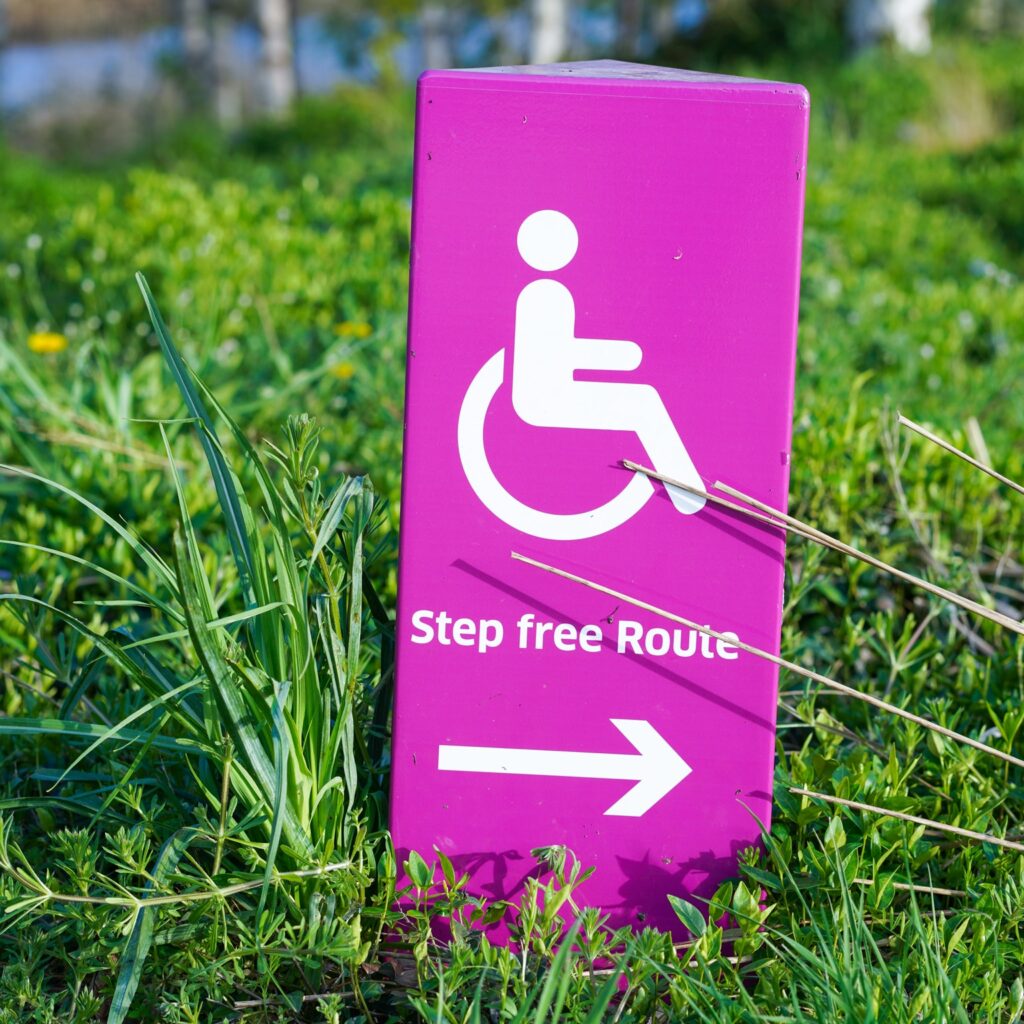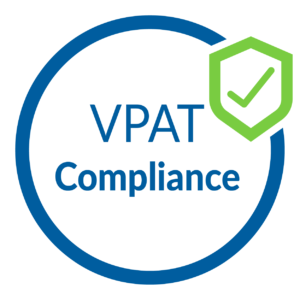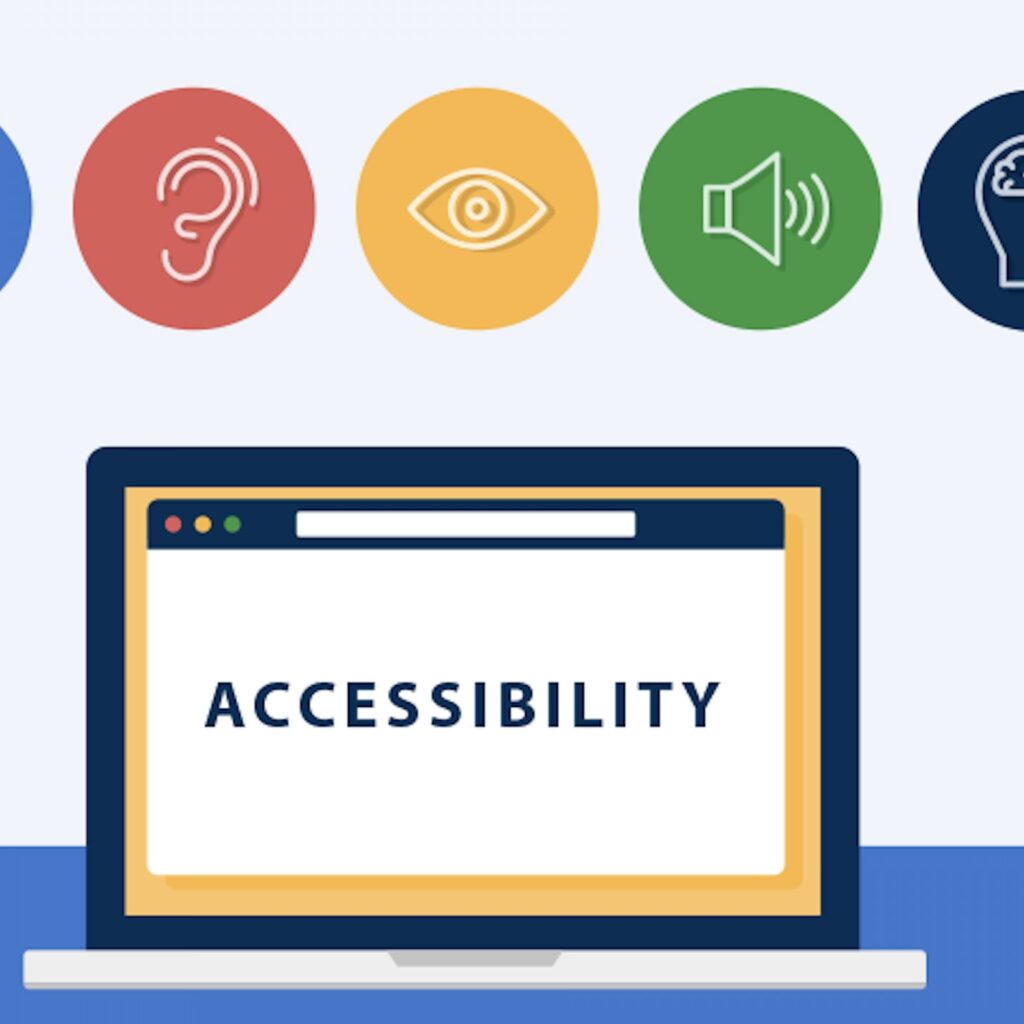In an increasingly digital world, web accessibility is not just a matter of convenience; it’s a legal requirement. For businesses operating in the United States, compliance with accessibility standards is not only a matter of ethics but also a legal obligation. This article explores the importance of web accessibility and outlines the legal obligations that US businesses must uphold.
The Legal Foundation: Americans with Disabilities Act (ADA)
The Americans with Disabilities Act (ADA) of 1990 is a landmark piece of legislation that prohibits discrimination against individuals with disabilities. Title III of the ADA specifically addresses public accommodations, which includes businesses that are open to the public. This encompasses both physical spaces and, as the digital realm has evolved, websites and online services.
ADA and the Digital Age: Web Accessibility
As technology has become an integral part of our lives, the scope of ADA compliance has extended to the digital sphere. The Department of Justice, in alignment with the ADA, has affirmed that websites must be accessible to individuals with disabilities. This means that businesses, including those operating exclusively online, must ensure that their digital content is perceivable, operable, understandable, and robust – the four key principles outlined in the Web Content Accessibility Guidelines (WCAG).
The Legal Imperative
Non-compliance with ADA standards for web accessibility can have serious legal consequences for businesses. Numerous lawsuits have been filed against companies that have failed to provide accessible online experiences. The courts have largely supported the notion that websites are a form of public accommodation, and therefore must be accessible to all, regardless of disability.
WCAG: The Guiding Standards
The Web Content Accessibility Guidelines (WCAG) are a set of internationally recognized guidelines developed by the World Wide Web Consortium (W3C) that provide a framework for creating accessible web content. These guidelines are organized into three levels of conformance – A, AA, and AAA – with each level representing a higher degree of accessibility.
- Level A: Addresses the most basic accessibility features and is the minimum level of compliance.
- Level AA: Represents the standard for most websites, ensuring a higher level of accessibility for a wider range of users.
- Level AAA: Offers the highest level of accessibility, providing an even greater degree of support for users with disabilities.

Ensuring Compliance: Practical Steps for US Businesses
- Conduct an Accessibility Audit:
- Start by assessing your website’s accessibility to identify areas that require improvement.
- Implement WCAG Guidelines:
- Familiarize yourself with the Web Content Accessibility Guidelines (WCAG) and ensure your website adheres to the recommended standards.
- Provide Alternative Text for Images:
- Include descriptive alt text for images to ensure that visually impaired users can understand the content.
- Ensure Keyboard Accessibility:
- Make sure that all features and functionalities on your website can be accessed and operated using a keyboard alone.
- Offer Captions for Multimedia:
- Provide accurate captions and transcripts for videos and other multimedia content.
- Enable Resizeable Text:
- Ensure that users can adjust text size without loss of content or functionality.
- Address Color Contrast:
- Ensure sufficient contrast between text and background colors to make content readable for all users.
- Provide Clear Navigation:
- Ensure that navigation menus and links are intuitive and easy to use.
- Regularly Update and Maintain Accessibility Features:
- Stay vigilant about maintaining accessibility as you update or add new content to your website.
In Conclusion
Web accessibility is not just a legal obligation; it’s a commitment to inclusivity and a better online experience for all users. By adhering to ADA standards and implementing WCAG guidelines, US businesses can not only meet legal requirements but also build a more inclusive, customer-centric brand. Remember, accessibility is not just a legal requirement, it’s a cornerstone of a thriving, modern business in the digital age.
We Offer Web & Mobile Accessibility Testing
We at ‘Accessible Zone‘ provide web, mobile and software accessibility testing services. We perform testing manually using screen reader such as JAWS, NVDA & Voiceovers. We also provide VPAT and ACR reports. If you want to use our services do contact us as at contact@accessiblezone.com or you can also schedule a free call with us from here.





















